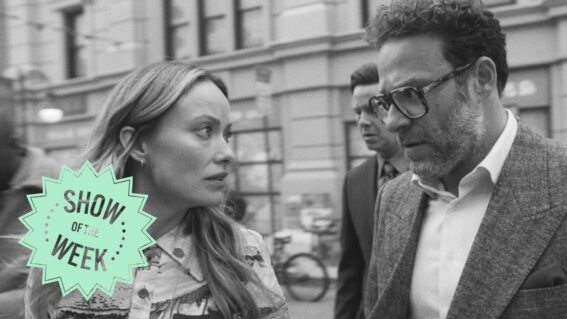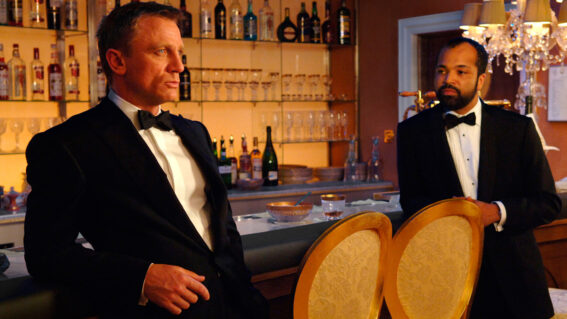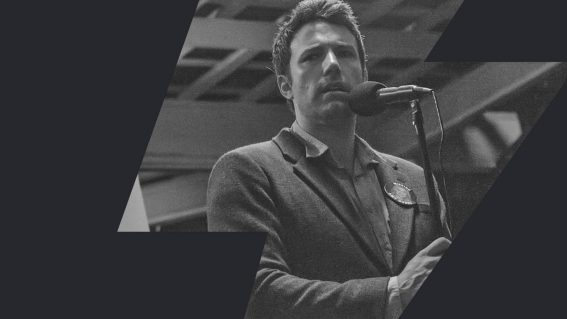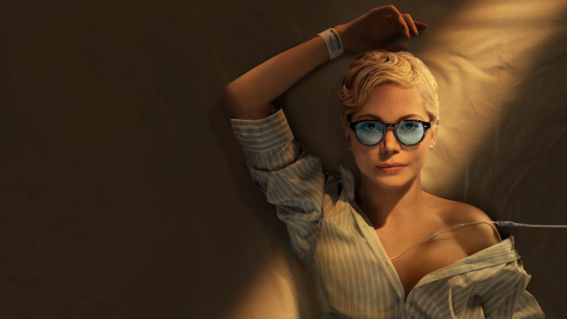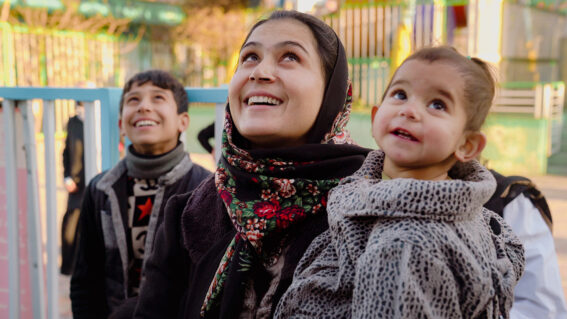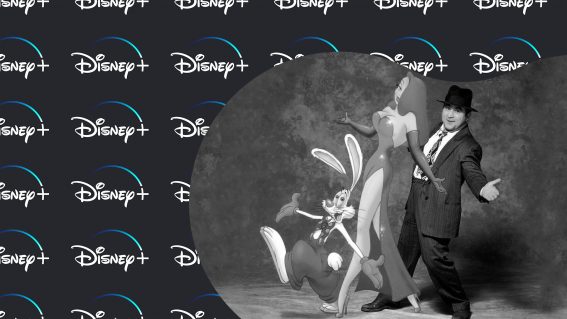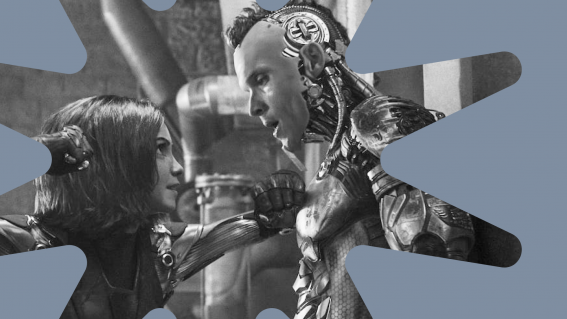Roland Emmerich and cast on recreating Rome’s people, chariots and gladiators in Those About to Die
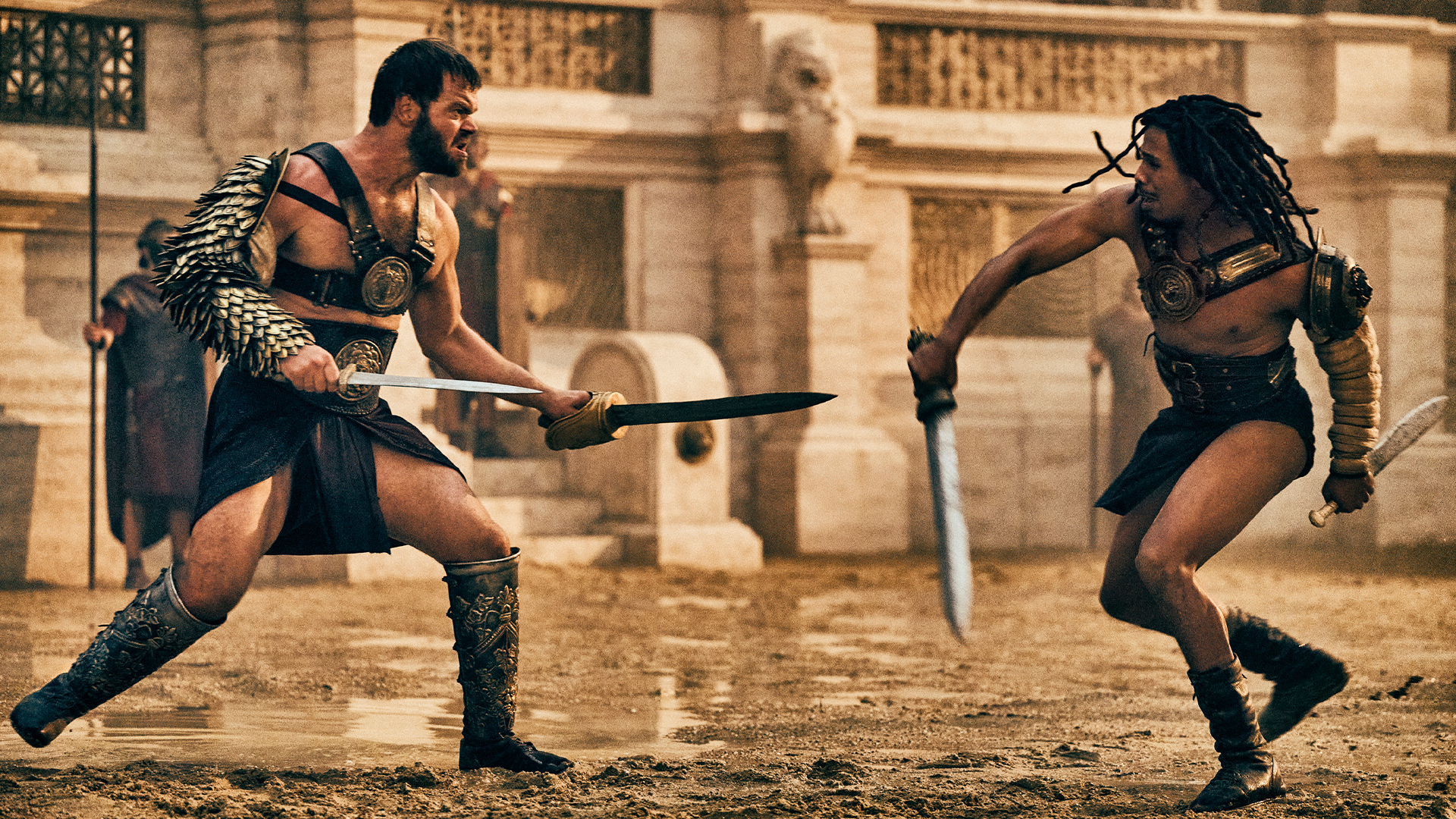
A new series set in the gladiatorial era of Ancient Rome comes to streaming this week. Steve Newall chats with Those About to Die director Roland Emmerich and two of his show’s stars, Iwan Rheon and Sara Martins.
A new series takes us to the heady days of Ancient Rome, a time when the populace is distracted by violent spectacle while the rich feather their own nests through nefarious schemes. OK, that’s not exactly narrowing it down… Those About to Die is a lot like today—only it’s set two thousand years ago, with more chariot races and gladiator fights to the death (and fewer smartphones or social media apps hastening society’s demise).
Screenwriter Robert Rodat (Saving Private Ryan) has based the show on Daniel P. Mannix’s 1958 novel Those About to Die (also cited as the inspiration for Ridley Scott’s Gladiator), teaming up with director Roland Emmerich (Independence Day, The Day After Tomorrow, Moonfall) who knows his way around epic spectacle. Set in the final days of Emperor Vespasian’s rule, the founder of the Flavian dynasty who’s played here by Anthony Hopkins, Those About to Die ushers us into a living, breathing Rome and its various entertainments (cue GoT-style sexposition).
I asked Roland Emmerich if he draws comparisons between the Roman society he’s depicting here and contemporary society. Fans of his cataclysmic blockbusters will likely be unsurprised by his dour assessment.
“I have the feeling, when you see where we’re going politically—and you see 10 or 15 years into the future—I’m not very optimistic that we will, you know, survive as a human race,” the director says. “Yes, we have similarities, you know, but not good ones.”
Is he talking about demagoguery and distraction of the public?
“That’s what’s happening right now, here in America,” Emmerich confirms. “There is an orange man who lies and lies and lies, and people believe him. And that’s that.”
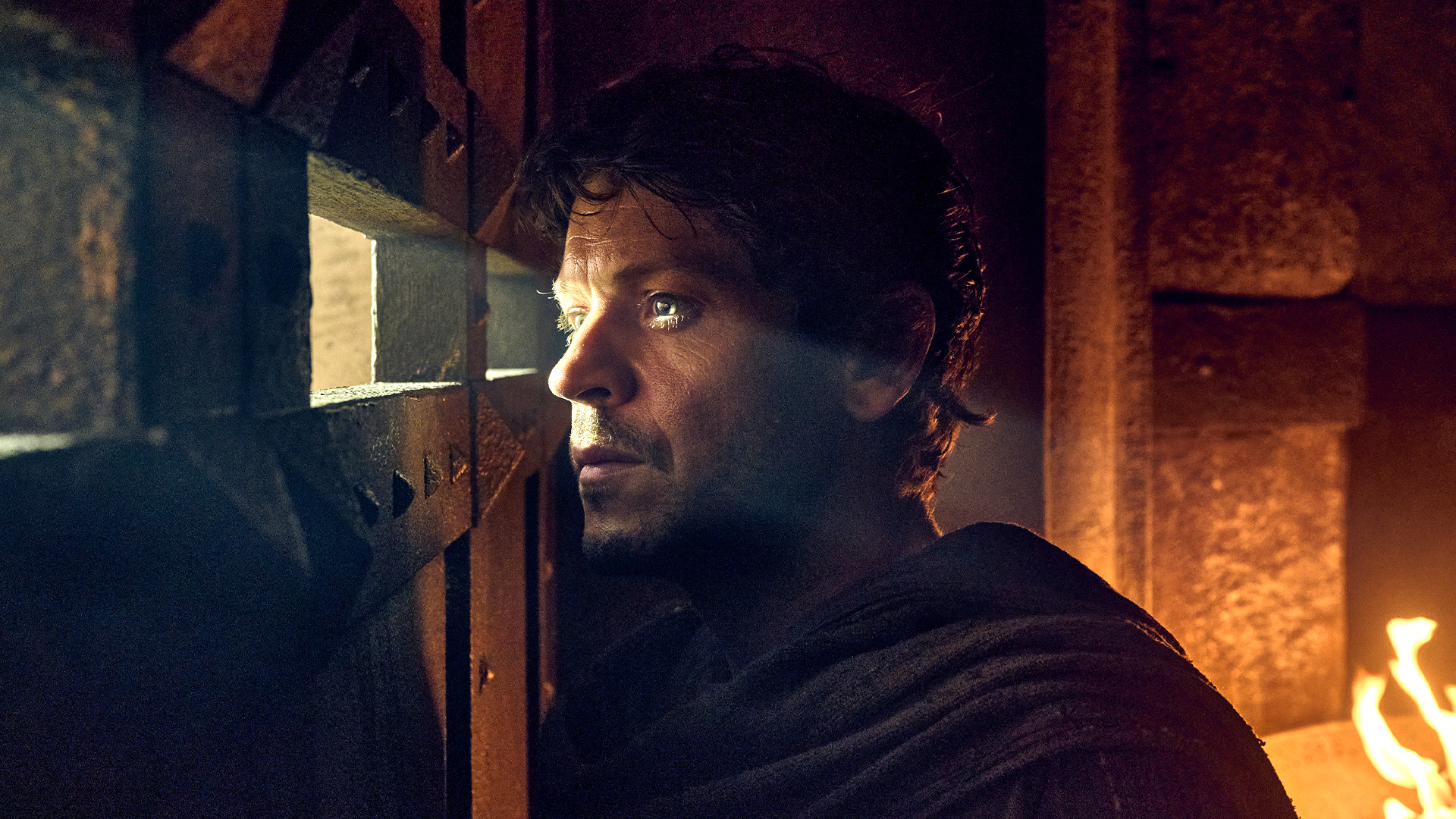
For star Iwan Rheon, a familiar face to viewers of Misfits and GoT, the similarities aren’t just political. “I think the way that sports are depicted, you can see that in the modern world,” says the Welsh actor, who’s playing socially ambitious bookie Tenax here. “It’s almost identical. It’s factional people who support their team. And they get angry and beat each other up. And then obviously gladiatorial battles. You know, there’s contemporary things like boxing, or UFC, which is kind of the same thing.”
Emmerich, who describes himself as an avid reader, recalls reading the likes of Dostoyevsky and Tolstoy while his peers may have been reading comic books. “I read everything that I could get in my hands,” he tells me. And that’s kind of why I think I’m fascinated with history. Once in a while, I can do these films—you know, The Patriot, or an Anonymous or a Midway—which it really, really excites me to do.”
The filmmaker’s approach to historical fiction is story first, then comes thinking about the time period and setting, how it would look, and who would be in the cast. “It starts with people who you just kind of imagine,” Emmerich says. “And then also, sometimes historical figures. Like, for example, Anonymous was about Queen Elizabeth and Edward de Vere, 17th Earl of Oxford, who was, in my opinion, the true Shakespeare. But you have to imagine them anyway. Because who was there? You know, who was filming them? There’s nothing there. So you have to kind of use your fantasy and your intuition and try your best.”
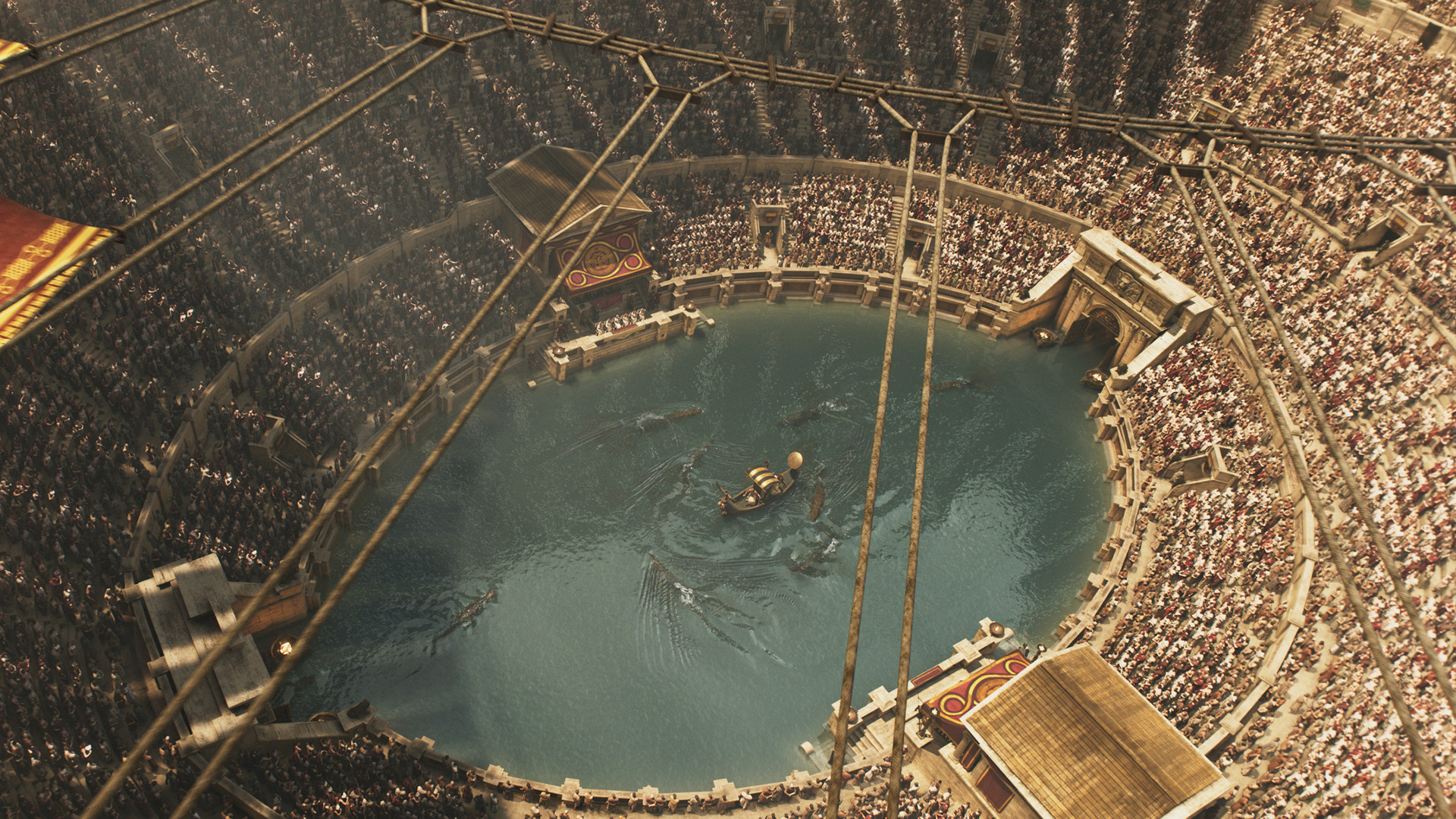
Those About to Die’s Emperor Vespasian is the sort of real-life historical figure Emmerich has written around before. “He was the builder of what was, at that time, called the Flavian amphitheatre, which is called today the Colosseum, which is naturally a real story,” Emmerich says. “And he had two sons, and that’s all real. But then, when it comes to sexual preferences, I made Domitian gay because I said he has to be kind of a different person. So that’s why we made him gay.” Everything else is invented, the director explains: “But not the sports, the sports are totally accurately depicted.”
Thinking of the accuracy of these entertainments, and the limbs we see chopped off in the amphitheatre, I ask Emmerich where the line is in enjoying this spectacle. “Don’t get too bloody,” he says. “It’s a fine line. We cut some stuff out which was too brutal.”
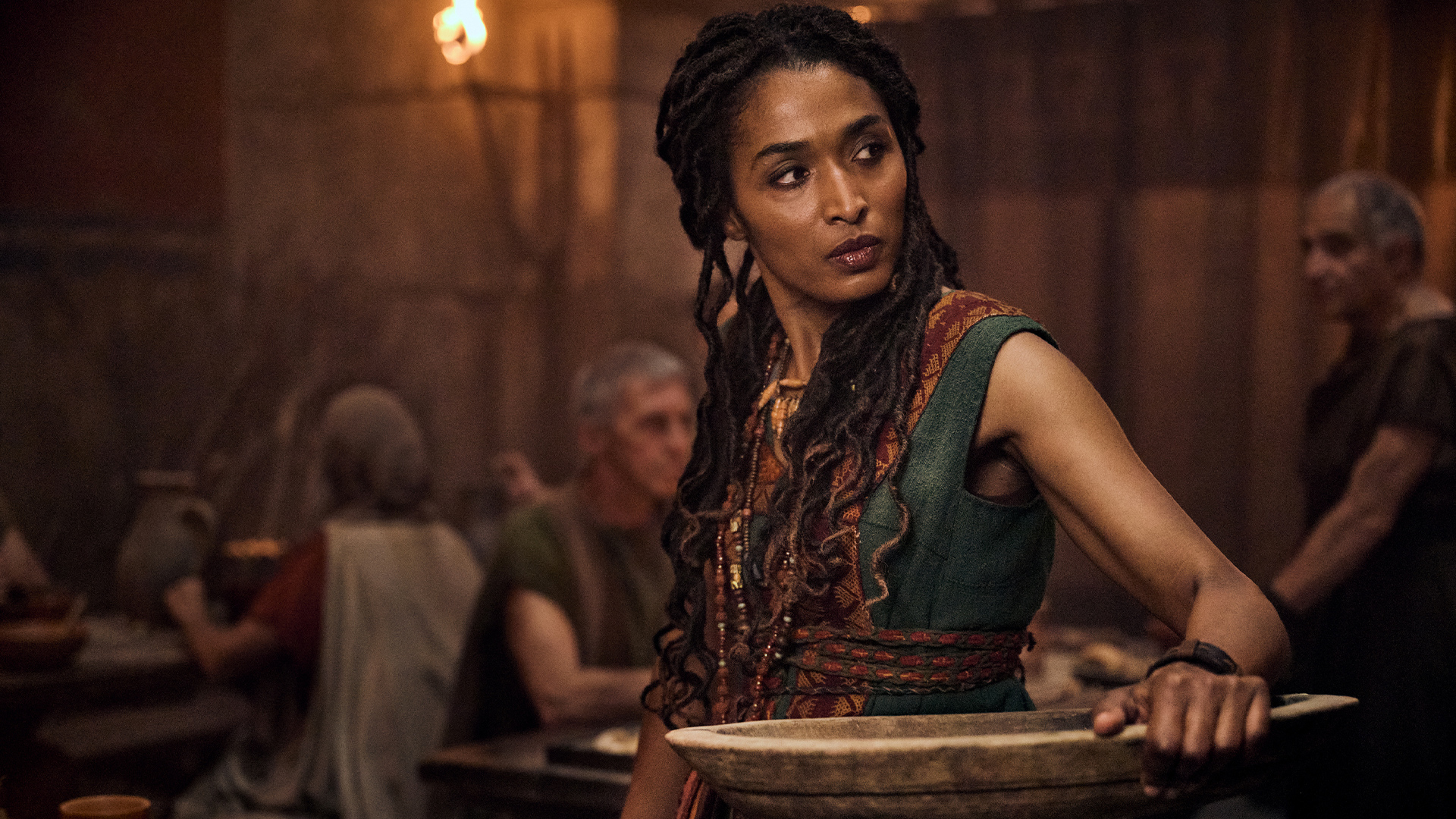
Sara Martins plays Cala in the show, a Numidian mother seeking to reunite with her children, who’ve been abducted from their northern African homeland and brought to Rome to serve—or to fight, which is where we see some of the show’s more gruesome sequences. Professing her love of Roland Emmerich’s films, Martins says she was really curious about how he would tell a story not of when the world collapses, but with something historical.
“I read the script, and found it really, really interesting, because we would see a different side of Rome,” Martins says. “It’s not the usual peplums with beautiful costumes, and intrigue in the Imperial Palace. It’s more about the people that were living at that time. The workers, the slaves. I’ve never seen that before, and I was thrilled by that.”
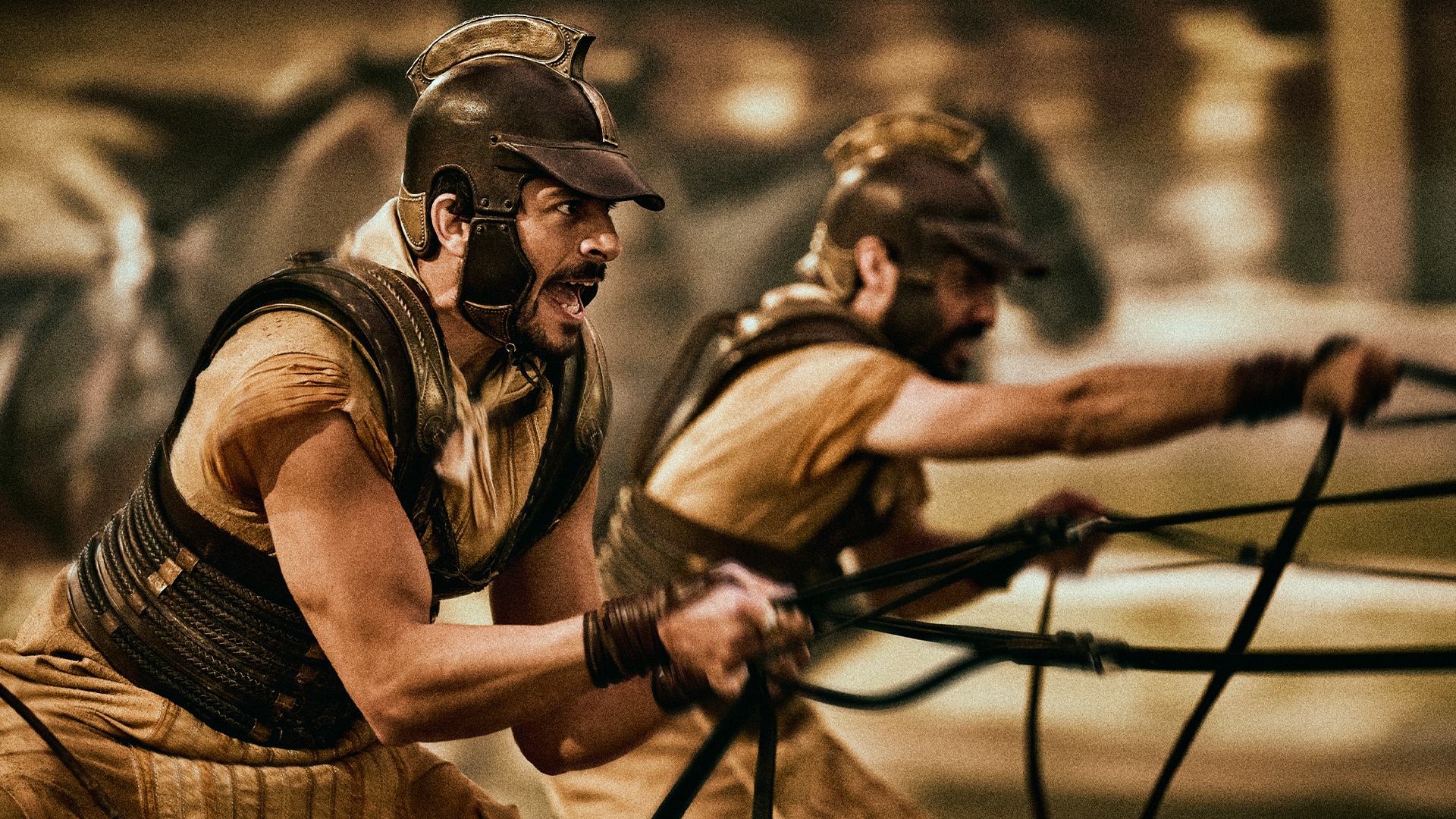
Rheon echoes these sentiments. “I felt it opened the door onto ancient Rome in 79AD that has never really been seen before, where it sort of showed the real cross-section of society and how it functions and how the games worked,” he says. Rheon says it’s “pretty cool” how the show focuses on everyone from Emperor down to the stable hands. Reading the script, the actor found Tenax a very complex and intriguing character, and wanted to play him straight away.
“And then, they tell you Anthony Hopkins is doing it—oh ok! And then you’re reading the scripts, you’re reading about the chariot races and stuff, thinking how they’re going to do that. Then finding out Roland Emmerich is gonna shoot it. So you’ve got this the best person for the job.”
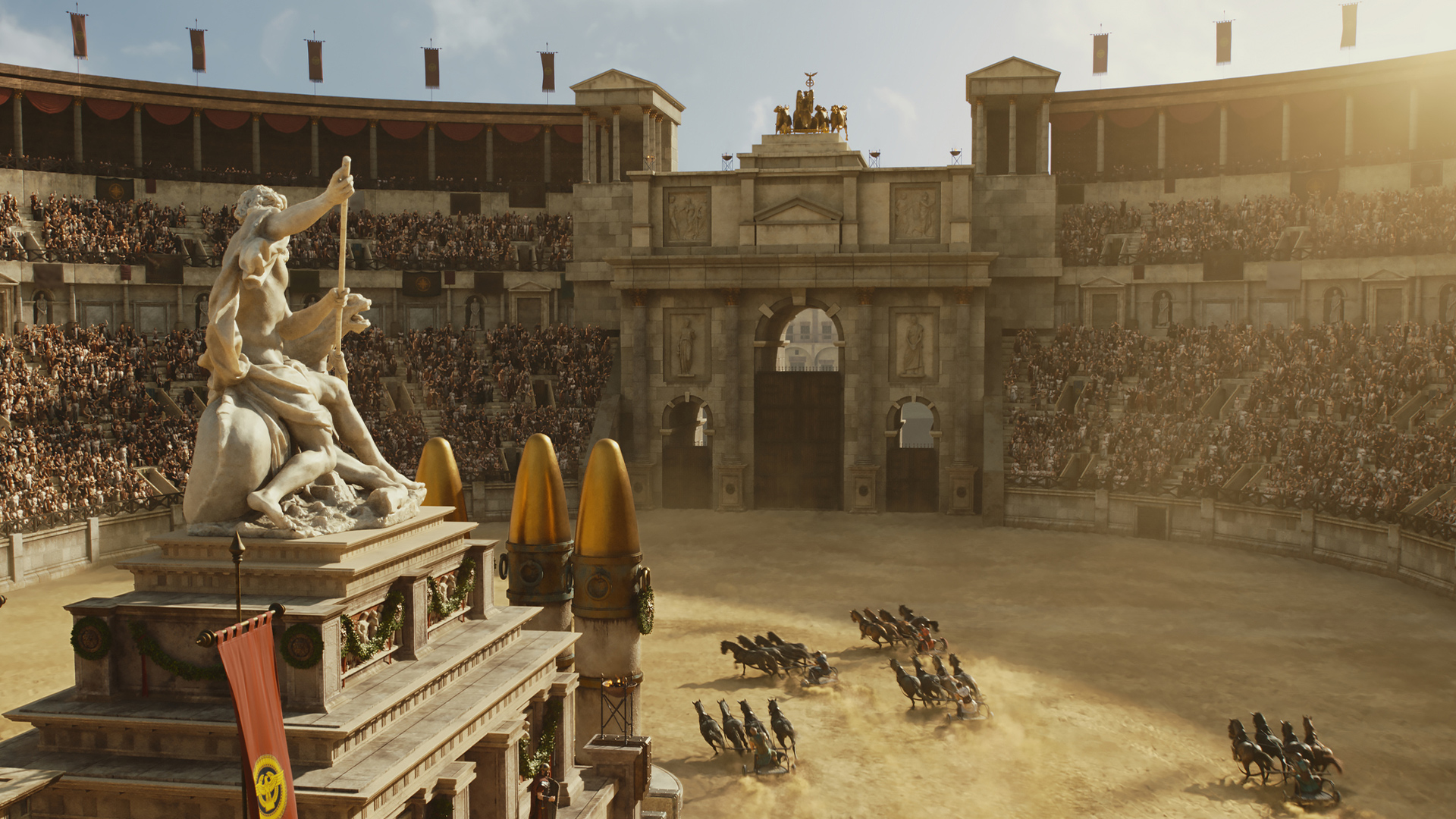
Something that really struck Rheon was shooting the show in Rome. You would drive to work in the morning, and you’d go past the Circus Maximus, you could see the Colosseum there, the Palatine Hill, and the Baths of Caracalla and all that stuff,” he recalls. “So you’re kind of getting this sense of we’re gonna go film there today.”
You go from taking your life in your hands on the streets of modern Italy to the life-and-death environment of the show?
“Yeah, very similar,” he laughs.
This interview has been edited for length and clarity.



